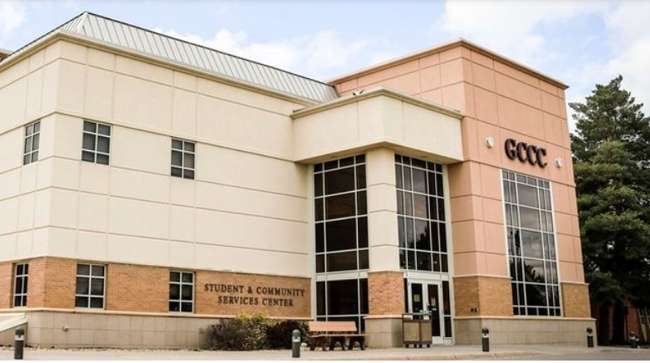Staff Reporter
Two Kansas Community Colleges Partner to Expand CDL Training

[Stay on top of transportation news: Get TTNews in your inbox.]
Two Kansas community colleges are partnering to increase commercial driver license training to alleviate a driver shortage in a state that needs truck transportation for its agriculture-related industries.
A memorandum of understanding has been entered into between administrators from Garden City Community College and Seward County Community College enabling a new commercial driving license/truck driving training certification program.
Under the pact, SCCC, based in Liberal, Kan., will administer the program enabling students to take CDL classes at the Garden City Community College campus.
Thus, students living in Garden City and the surrounding area don’t have to travel to SCCC for CDL instruction and can remain at their campus for the six-week, hands-on training courses, which will be offered throughout the calendar year.
The first SCCC CDL class at the Garden City campus will start Sept. 5. The shortage of truck drivers nationwide, but especially in southwest Kansas, led to the partnership.
Kansas, strategically located in the nation’s heartland, is a major U.S. agricultural producer. It has more than 58,560 farms on over 45 million acres of farmland. Top commodities carried by truck are cereal grains, gravel and nonmetal mineral products, according to the February 2023 Kansas State Freight Plan.
Brad Bennett, president of SCCC, said the Garden City school had a high demand for CDLs in its area but lacked interest in starting its own truck driver training program “because of the startup costs.”
Bennett and Ryan Ruda, Garden City college president, decided to “leverage” their educational institutions to benefit students and the state.
“We’ve heard from our industry partners there’s a need for CDL training,” Ruda noted. “It was most important for us to figure out a solution for how we can partner and address that need. We weren’t in a position to bring in a new program.”
He said the opportunity to partner with SCCC, which excels in truck driving instruction, made more sense than trying to “start from scratch when we can utilize those services. It’s a true partnership. This really is the way education should be moving, finding new partnerships to address the needs within different communities.”
SCCC’s CDL training requires students to learn vehicle equipment control, setup and inspections as well as basic maneuvering and handling, over-the-road records management and preventive maintenance. Successful graduates will have a Class A CDL.
Bennett remarked, “We’re excited to help out a partner school. It’s really cool when you think about it. We are using our resources to the fullest extent and using state and taxpayer dollars in the best manner that we can. It’s a great partnership.”
Both community colleges noted that truck driving is “one of the fastest-growing job markets in the country” that offers good employment opportunities for both men and women.
In fact, truck transportation ranked in 7th place on a list of the top 10 employment categories (supporting 7,910 jobs) in Kansas that are linked to its agriculture industry. In first place was beef cattle ranching/farming with 34,500 jobs, noted an Aug. 15 economic contribution report by the Kansas Department of Agriculture. The study tied its agriculture industry to 13% of the state’s entire workforce.
“For the estimated current year (2023), 72 agriculture and agriculture-related sectors directly contribute $57 billion in output and 140,055 jobs to the Kansas economy. Including indirect and induced effects, agriculture and agriculture-related sectors have a total impact of $81.2 billion in output, 253,614 jobs and 14% of the total gross regional product,” the report mentioned.
Want more news? Listen to today's daily briefing below or go here for more info:




